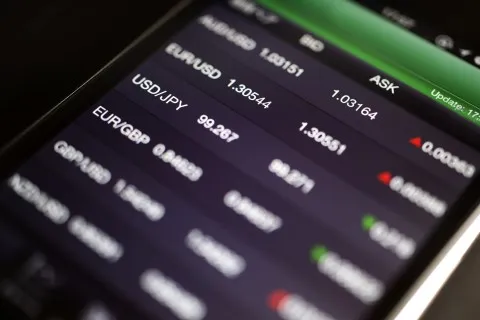
Asian central banks brace for Brexit fallout as markets wobble
Regulators are prepared to inject additional liquidity.
Asian regulators are ready to provide additional liquidity to their banking systems as turmoil grips markets after the United Kingdom voted to leave the European Union.
For instance, the Monetary Authority of Singapore said that while the trade-weighted Singapore dollar remains within its policy band, the regulator is "ready to curb excess volatility" and is prepared to inject liquidity if needed.
Meanwhile, the Bank of Korea said that it has reviewed contingency plans to respond to the Brexit. The government will also operate a 24-hour government-wide monitoring and response system to monitor developments and work to minimize repercussions.
The Hong Kong Monetary Authority stressed that exchange rates remained stable. The regulator added that it has taken hedging measures to minimize risks associated with a decline in the British pound.
The Bank of Japan hinted that it is ready to intervene to stem excessive yen strength. Regulators are also ready to provide ample liquidity to financial markets.
The People's Bank of China (PBC) said that it has "contingency plans" in place to deal with the referendum's aftermath.
“The PBC will continue to use a variety of monetary policy instruments to keep liquidity at reasonable and adequate volumes, and fulfill its mandate in preserving financial stability. The market-based RMB exchange rate regime will be further improved to keep the exchange rate basically stable at an adaptive and equilibrium level,” the PBC said.
As for Southeast Asia’s largest economy, the Bank of Indonesia reiterated that the rupiah "remains comparatively stable" despite heightened volatility in global money markets.
"In the medium term, the Brexit is predicted to have a minimal impact through the trade channel because Indonesia’s export share to UK only accounts for 1.0% of total exports from Indonesia. Nonetheless, the second-round effect of embittered trade relations between UK and EU demands vigilance considering the EU (excluding UK) accounted for 11.4% of total exports from Indonesia in 2015," the regulator noted.
In a report, Jefferies noted that heightened risk aversion will spell a renewed bout of underperformance for emerging market currencies.
“Whether this is enough to cause a major change in domestic monetary policy is doubtful. Many Asian central banks have been able to cut rates without fearing inflation even though the Fed hiked rates in December 2015. A July Fed rate hike is not probable, in our view,” Jefferies noted.



















 Advertise
Advertise










